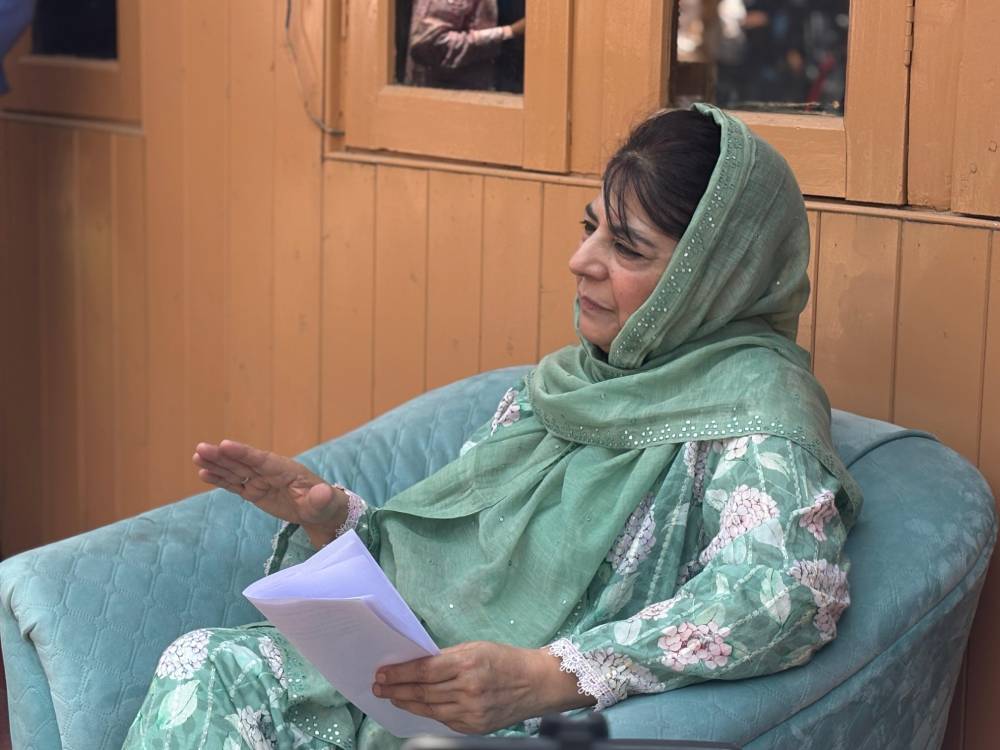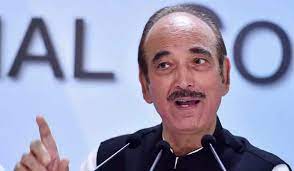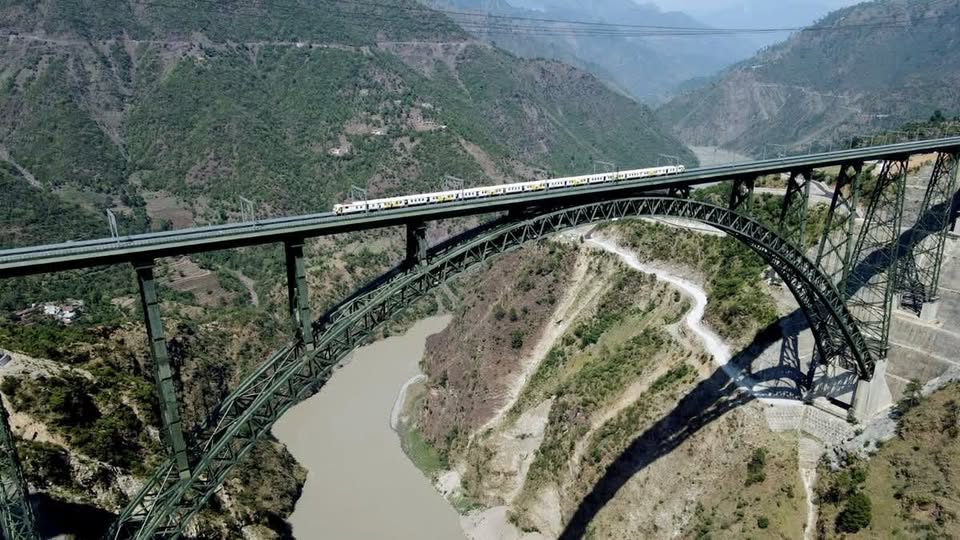Mehbooba Mufti Seeks Special J&K Assembly Session on Mehraj Malik PSA Detention
By: Javid Amin | 13 September 2025
Peoples Democratic Party (PDP) president and former Chief Minister Mehbooba Mufti has formally written to Jammu & Kashmir Assembly Speaker Abdul Rahim Rather, urging him to convene a special session of the Assembly to condemn the detention of Aam Aadmi Party MLA Mehraj Malik under the Public Safety Act (PSA).
Her intervention adds another layer to the widening political storm triggered by Malik’s arrest, which has already led to protests in Doda, calls for judicial review, and sharp criticism from across the political spectrum.
Mehbooba’s Case for an Assembly Resolution
In a post on X (formerly Twitter), Mufti argued that the Assembly has both a constitutional and moral duty to stand up for its members.
“I urge Hon’ble Speaker Abdul Rahim Rather to call a special Assembly session to condemn the PSA and arrest of MLA Mehraj Malik. A resolution can put pressure on the Central Government to release Mehraj Malik and protect all MLAs from future targeting,” she wrote.
She added that Malik is capable of pursuing his legal fight in the courts, but what he requires most is political solidarity from his fellow legislators. Speaking in Kupwara, Mufti pressed Chief Minister Omar Abdullah to extend legal aid not only to Malik but also to “thousands of poor Kashmiris languishing in jails across India.”
According to Mufti, a formal Assembly resolution forwarded to Union Home Minister Amit Shah would “send a clear message that such actions against elected officials will not be tolerated.”
The Trigger: Mehraj Malik’s PSA Detention
Malik, an MLA from Doda and the head of AAP’s Jammu & Kashmir unit, was detained last week under the PSA after he publicly opposed the relocation of a health centre in his constituency. The District Magistrate of Doda signed the order, describing Malik as a “habitual offender” and a threat to public order — charges his party strongly denies.
He is currently lodged in Kathua Jail, over 200 kilometres from his constituency, a move his supporters call politically motivated. Malik is the first sitting MLA in J&K to be booked under the PSA, a law usually invoked against timber smugglers or individuals suspected of militancy links.
Why Mehbooba’s Move Matters
Mehbooba Mufti’s call for an Assembly session is significant for three reasons:
-
Institutional Pushback: Until now, criticism of Malik’s detention has largely come from political parties, civil society groups, and legal experts. A formal Assembly resolution would represent institutional condemnation from within J&K’s highest elected body.
-
Setting a Precedent: If the Assembly passes such a resolution, it could create a protective precedent for elected representatives in J&K, discouraging the administration from invoking preventive detention laws against MLAs in the future.
-
Forcing Delhi’s Hand: A unified resolution would put the Central Government under pressure, especially since the Centre has often cited “normalcy” in J&K as a major achievement post-2019. An Assembly-led rebuke would undercut that narrative.
The Broader Political Landscape
Mehbooba’s call comes amid a rapidly escalating political crisis in Jammu & Kashmir:
-
Omar Abdullah has sharpened his demand for full statehood restoration, rejecting any “hybrid” arrangement that keeps police powers with the Centre.
-
Farooq Abdullah has publicly urged Prime Minister Modi and Home Minister Amit Shah to revoke Malik’s detention, warning that such moves erode faith in democratic institutions.
-
The Hazratbal plaque controversy and Mirwaiz Umar Farooq’s repeated house arrests have inflamed religious sensitivities.
-
The Doda lockdown, with curfews, internet shutdowns and mass detentions, has created an atmosphere of fear and further alienated the local population.
Together, these developments have turned September 2025 into one of the most politically charged months since the abrogation of Article 370.
The PSA Debate: Democracy vs. Preventive Detention
Legal experts warn that invoking the PSA against a sitting legislator sets a dangerous precedent. The PSA allows detention without trial for up to two years, and has long been criticised by rights groups as draconian.
“When dissent is treated as disorder, democracy begins to erode,” a senior advocate in Srinagar noted earlier this week.
The fact that Malik’s 300-page dossier was reportedly compiled in less than 24 hours has only deepened suspicions of political motivation. Critics argue that such use of preventive detention bypasses both due process and legislative privilege, undermining the role of elected representatives.
Possible Outcomes of Mehbooba’s Proposal
-
Speaker Convenes Session: If Speaker Abdul Rahim Rather agrees, a special session could lead to heated debate and possibly a resolution. Whether it passes would depend on how Omar Abdullah’s National Conference, which holds the majority, positions itself.
-
Resolution Passed, Sent to Delhi: Even if the resolution has no binding legal power, its political weight would be considerable, forcing Delhi to either respond or risk appearing dismissive of J&K’s elected Assembly.
-
Session Denied: If the Speaker declines the request, Mehbooba and other opposition leaders will likely use it to argue that legislative institutions are being weakened, amplifying their campaign against central interference.
Mehbooba’s Political Calculus
For Mehbooba Mufti, this move also serves a strategic purpose:
-
It allows the PDP to reclaim relevance in a political space now dominated by the National Conference and AAP.
-
By advocating for institutional resistance, she casts herself as a protector of democratic norms, not just a party leader.
-
It positions her as a bridge-builder: urging Omar Abdullah to help the poor and Malik alike broadens her appeal beyond PDP’s traditional base.
What Next?
The ball is now in Speaker Abdul Rahim Rather’s court. If he entertains Mehbooba’s request, it could mark the first time since 2019 that the J&K Assembly takes an explicit stand against a preventive detention order.
Meanwhile, protests in Doda continue, AAP has vowed to challenge the detention legally, and Omar Abdullah has yet to state whether his government would support or resist a special session.
One thing is clear: Mehraj Malik’s detention has become more than a legal case — it is now a test of J&K’s democratic resilience.



